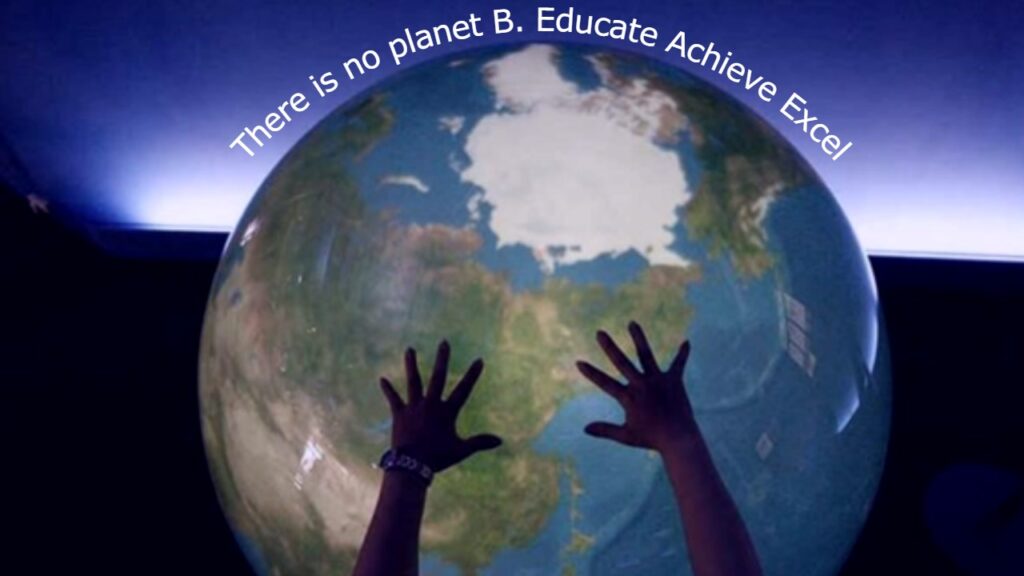19-year-old Aniket Gupta has started an online petition demanding a robust climate education at school level
Team L&M
In order to equip the new generation with the knowledge, awareness, and skills needed to tackle climate change and other environmental challenges, there is an urgent need to include climate education in proper perspective in the school curriculum. For, as school children (over 25 crore) become climate-literate, the country will be better-equipped to fight against climate change.
While environmental education became a part of education way back in 1986, a lot is still lacking: The themes introduced in schools and colleges, centered on information like environmental laws, wildlife protection and Supreme Court decisions, which are miles apart from the immediate concerns of climate change. They don’t talk about greenhouse effects, health concerns from climate change, impacts of a changing climate, and other important topics.
Concerned over this, and to draw the attention of the government towards this, Aniket Gupta, a 19-year-old student at IIIT Delhi, has started an online petition is growing. Gupta has also given a copy of the petition to Jasmin Shah, Vice-Chairman, Dialogue & Development Commission.
“The syllabus should mention environmental problems students face in their everyday lives due to climate change. When students realise how closely linked environmental issues are to their lives and future, they will be motivated to conceive solutions, which will further lead to a behavioural change in them. As of now, our education system is apathetic towards climate education – a bit like it has been to Moral Science education,” says Gupta in his petition.
“Educating children at an early age helps raise awareness of the climate emergency and strengthens their resilience and capacity to cope with its impacts,” says Pragya Vats, Head of Campaigns, Save the Children India.
“While youth in India are taking bold action to stand up for the climate through social media and impactful campaigns, governments must do more to educate children and young people from the beginning, especially in school, to build better understanding of the climate crisis and inspire action,” she adds.
A bit of history
Environmental education was included in the National Policy on Education in 1986. Later, in 2005, the National Curriculum Framework stressed the integration of environmental issues and recommended project-based learning. In 2016, the University Grants Commission introduced a six-month compulsory course on environmental studies for undergraduates from all disciplines.
